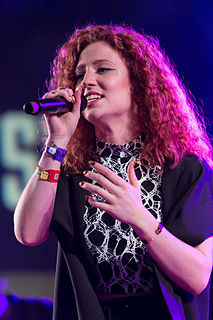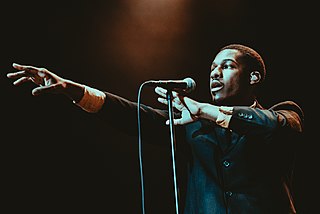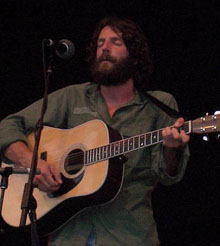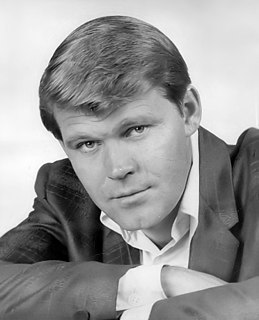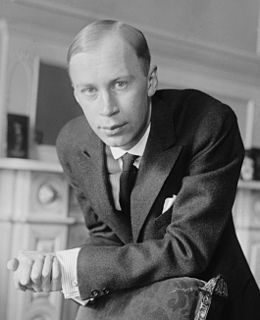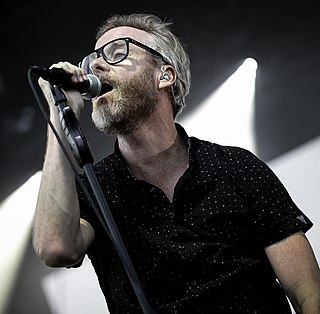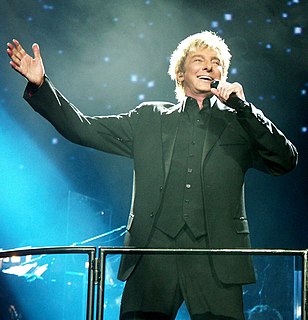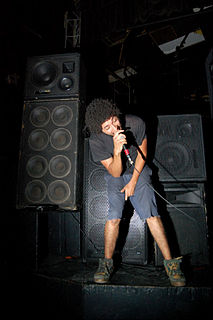A Quote by Cecil Williams
When people get up on the stage and say, "I've got AIDS," or "I'm in recovery," gosh, it's hard for them. It's like that story touches every person's story. You know, they open their entire humanity up. Storytelling is very important in life. Telling the truth is critical. It's like, again, the melody. The melody of jazz music is the truth, for me.
Related Quotes
I find it hard to write with writers sometimes because of their way of writing. Some are heavily focused on structure, but I have more of a 'Let's go with it' mindset. I like to be creative, and when I hear something that inspires me, I'll come up with a melody, a lyric to that melody, and take it from there. I try to keep it open.
Normally classical music is set up so you have professionals on a stage and a bunch of audience - it's us versus them. You spend your entire time as an audience member looking at the back of the conductor so you're already aware of a certain kind of hierarchy when you are there: there are people who can do it, who are on stage, and you aren't on stage so you can't do it. There's also a conductor who is telling the people who are onstage exactly what to do and when to do it and so you know that person is more important than the people on stage.
I think it's good to have a balance. Everything I write about, it's not something I necessarily might have went through, there's songs where I might have an idea, sometimes it might be a melody or something that I like, I make up a story to go with that melody. But I do think it's most important to have honest songs.
[Eugene Smith] was always writing these diatribes about truth, and how he wanted to tell the truth, the truth, the truth. It was a real rebel position. It was kind of like a teenager's position: why can't things be like they should be? Why can't I do what I want? I latched on to that philosophy. One day I snapped, hey, you know, I know a story that no one's ever told, never seen, and I've lived it. It's my own story and my friends' story.
I've been very lucky in that the studios really respect me and they give me all my creative freedom. But nevertheless, they are inputs, they have opinions. It's the same thing for me as if you're in a shower and you're coming up with a tune, with a melody, but there are 70 people trying to sing their own melody at the same time. So you have to focus and concentrate, and not lose the track of your melody.
I get up in front of a bunch of kids and say 'Hey, I'm gonna tell you a new story. Who wants to be in a new story?' Well some kid always sticks up their hand and that gives me a name, but it doesn't give me a story. I just say whatever comes to my mind and usually it's not that good. Every once in a while, however, I say something that turns into a really good story.
This is our story to tell. You’d think for all the reading I do, I would have thought about this before, but I haven’t. I’ve never once thought about the interpretative, the story telling aspect of life, of my life. I always felt like I was in a story, yes, but not like I was the author of it, or like I had any say in its telling whatsoever.



